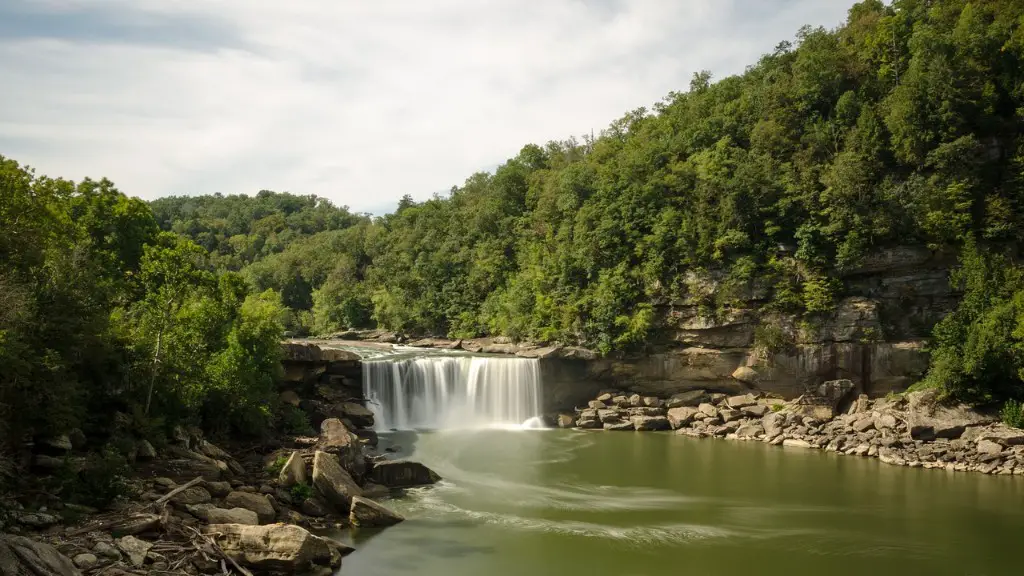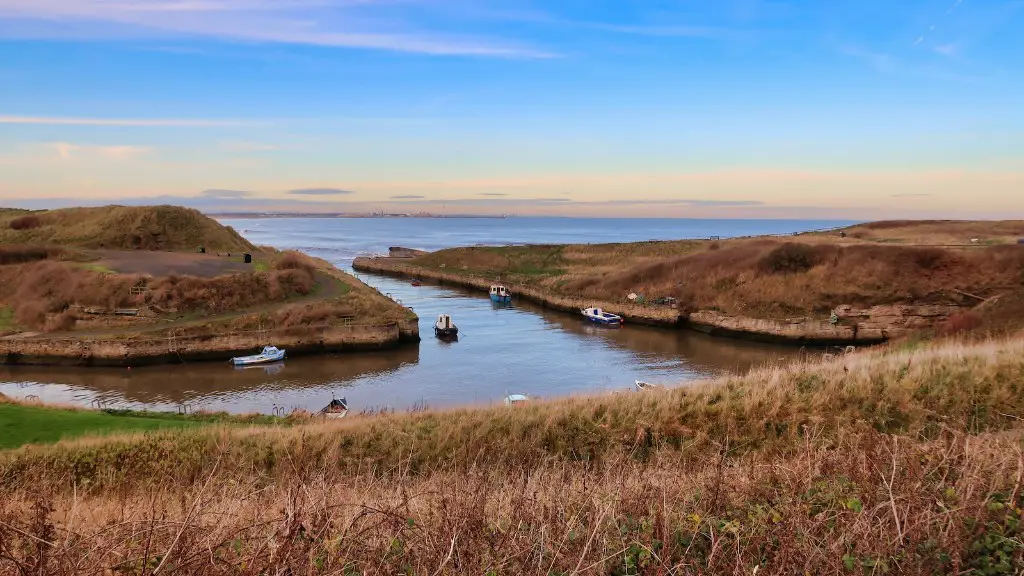The flooding of the Mississippi River in May 2019 was unprecedented in the United States, particularly along the Missouri and Arkansas borders. The river crested above major flood stage at several locations, and the flooding persisted for weeks longer than anticipated. This disastrous event had devastating consequences for local people, industries, and wildlife.
Record high water levels were reported along the Mississippi shoreline from late April and into early May. This was caused by colder than average temperatures in northern states combined with increased rainfall in the middle and lower Mississippi Valley. Such weather patterns not only caused rapid snowmelt, but also stimulated heavy rain events and prolonged flooding.
It is estimated that approximately 15 million people were adversely affected by the flooding. Farmers struggled to access their fields, businesses suffered losses due to closed roads, and houseboats and other property were submerged and destroyed. People also lost their homes, particularly in rural areas where flooding protection was limited.
Furthermore, the flooding had a severe impact on the local environment. The amount of soil mobility and rainfall resulted in a rapid increase of silt and nutrients in the river, causing an enrichment of the local ecosystem and increased levels of aquatic life such as fish, amphibians, and waterfowl.
Despite the ecological benefits, the influx of new species created competition for food and habitat, which disrupted the balance of nature that had been established. Scientists have also documented an increase in harmful algal blooms, along with other waterborne pathogens. In addition, heightened water levels destroyed habitats for native species and washed away nesting grounds for migratory birds.
The cost of the flooding was immense. The damage is estimated to be over $2 billion dollars in the United States alone, and it is estimated that recovery could take five years or more. Unfortunately, due to climate change, floods of this magnitude are predicted to become more frequent in the future.
Recovery Efforts
In response to the flooding, federal, state, and local agencies launched a coordinated effort to provide assistance to affected communities. The Federal Emergency Management Agency (FEMA) declared a major disaster in the region, which activated additional resources like National Guard troops and U.S. Coast Guard. Financial assistance was also made available for individuals and businesses for the recovery effort.
In addition, local efforts quickly mobilized to aid those in need. Donations of food, clothing, and key supplies flooded in from citizens and local charities. Volunteers from around the country travelled to the Delta region to help with sandbagging, debris removal, and other relief efforts.
Moreover, numerous non-governmental organizations earned praise for their support. The Red Cross, Salvation Army, and Catholic Charities have all provided crucial assistance to victims of the flooding. Environmental organizations, such as the Nature Conservancy, have also provided relief and managed recovery projects designed to restore the affected ecosystems.
Aftermath
The floods of the Mississippi River in May 2019 left deep scars and daunting challenges for those affected. The immediate impact was made worse by issues such as damaged infrastructure and roads, destroyed homes, and contaminated resources.
Another serious problem was loss of livestock. Tens of thousands of cows, pigs and poultry were believed to have died in the floodwaters. Industries and factories affected by the floods also suffered significant losses, including processing plants and oil refineries.
In the months since the flooding, the struggle to recover has been painfully slow and difficult for those most affected. Hardship for the survivors is still apparent, as many lack the resources to rebuild their homes and livelihoods. Furthermore, mental health has been severely impacted with the majority of residents suffering from anxiety and depression. While the situation improved when the waters receded, the situation remains precarious, as the majority of affected individuals and communities are struggling to return to a level of normality they were accustomed too.
Climate Change
Scientists and environmentalists attribute the incredible and unprecedented flooding to climate change. Since the late 19th century, global warming has been a major contributing factor in more instances of extreme weather events such as flooding, stronger hurricanes, and rising sea levels. As temperatures continue to rise and more areas of the planet experience higher levels of precipitation, the likelihood of such disastrous floods will increase.
Global warming also carries serious consequences for sea life and the natural environment. Climate change causes widespread disruption in the food web and it increases the prevalence of toxins and other pollutants in the environment. This can result in significant harm to animals and ecosystems, though the long-term impacts are only beginning to be seen.
In order to truly mitigate long-term risks, drastic steps must be taken. These include, but are not limited to, reducing carbon emissions, decreasing reliance on fossil fuels, and investing in green energy solutions. Such measures would not only reduce the risk of future flooding, but they would also result in a healthier and more sustainable world.
Political Impact
The flooding of the Mississippi in May 2019 had a massive impact on local and national politics. Immediately after the floods, Congress and the president pledged financial assistance for recovery efforts, however the dispute over the federal budget hindered efforts as a competent relief package was slow to be passed.
The political climate in the United States was further complicated due to partisan debates surrounding climate change. Some lawmakers have called for better infrastructure to protect from future flooding, while others have argued for tougher policies on emissions and renewable energy sources. Meanwhile, some have used the flooding as ammunition for their own political agenda.
Politicians on the other side of the issue have dismissed the effects of man-made climate change as well as the urgency of global warming. An increase in “climate deniers” has also caused controversy in political circles, which has exacerbated the problem and further complicated efforts to address the problem.
Overall, the flooding in 2019 highlighted yet another example of the need for the United States to vehemently address the threat of climate change. The effects of global warming will not get any better on their own, and if the nation is to become better prepared for natural disasters, greater action must be taken.
Way Forward
The devastating floods of the Mississippi River in May 2019 illustrate the urgent need for more proactive approaches when it comes to climate change. Individuals, governments, and businesses must take drastic steps to reduce their reliance on fossil fuels and invest in renewable energy sources. Since global warming is one of the major drivers of such disasters, it is necessary to reduce emissions and make communities resilient to extreme weather events.
In addition, millions of people around the world are likely to be affected by climate change in the near future. This includes not just those in the United States, but people everywhere. We must all do our part to help those in need by donating to charitable efforts and raising awareness on the matter.
Finally, it is important to recognise the efforts being taken to improve the situation. Governments across the globe are working to strengthen their infrastructure and programmes designed to protect against floods. International cooperation is also very important, as climate change is a global problem and requires a global solution.





